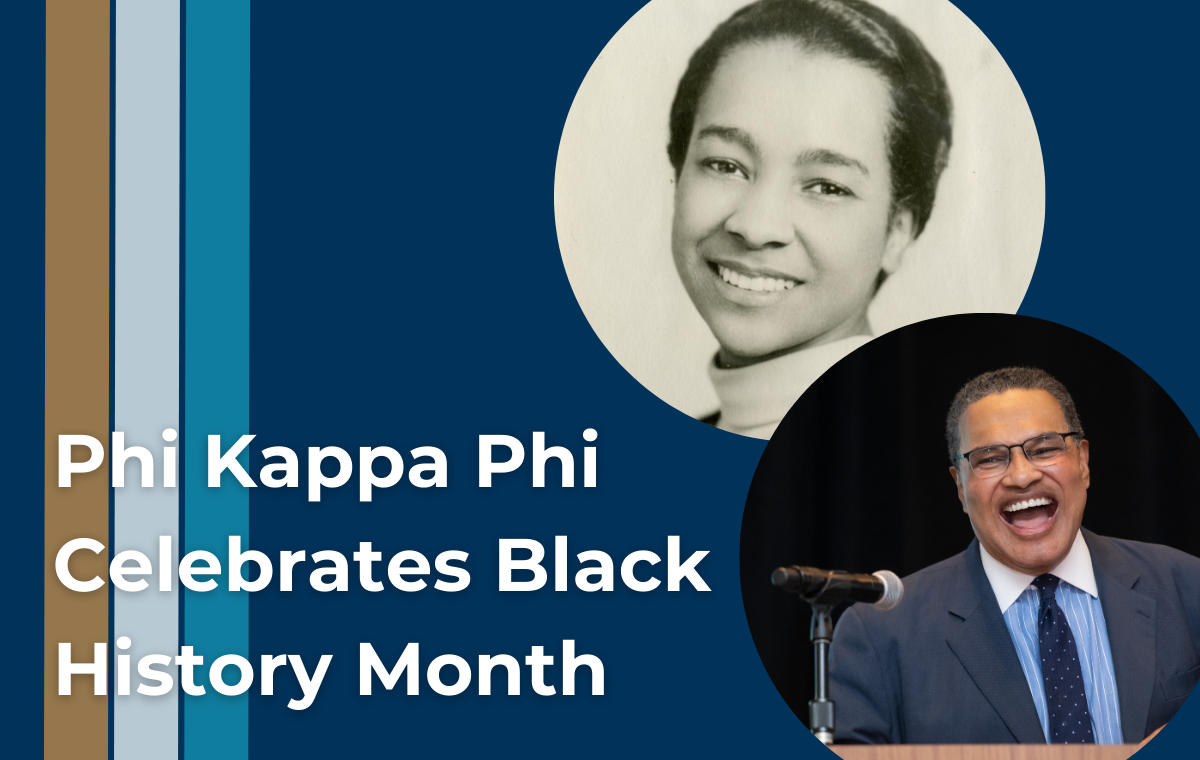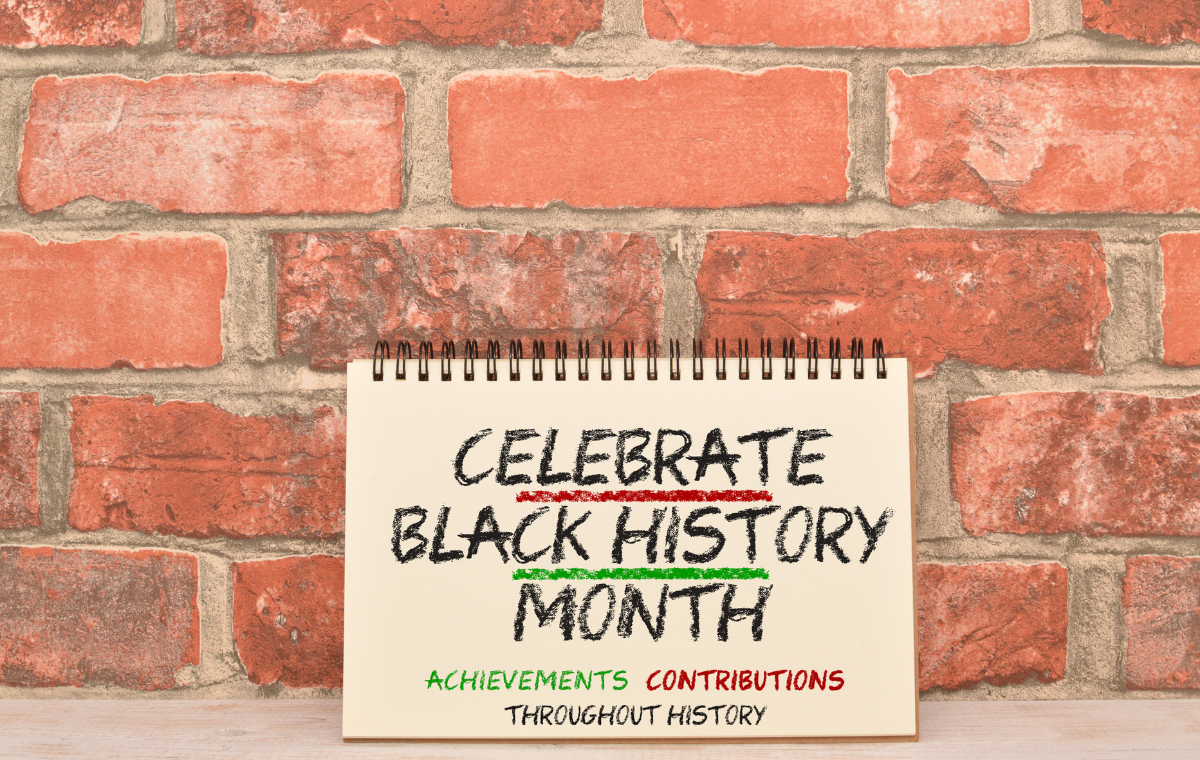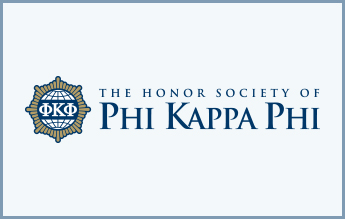News
Phi Kappa Phi's Ranks Have Included Civil Rights Heros

Black History Month is an occasion to remember the many African Americans who have helped to shape the world for the better.
Phi Kappa Phi’s membership includes numerous African Americans of distinction, including some who faced great danger to help advance civil rights.
One such member, Freeman Hrabowski III, was inspired to join the movement in 1963 when he was 12 – though he was brought along reluctantly at first. Hrabowski’s parents had taken him to a civic meeting, but all the self-described math nerd wanted was a little quiet to do his algebra homework. He sat in the back, intent on tuning out the proceedings and focusing on his equations. Instead, Hrabowski was moved by the words of the speaker, a young minister named Martin Luther King Jr.
King’s speech prompted Hrabowski to join other youngsters in the Children’s Crusade March though Birmingham, Alabama. He was arrested and thrown in jail for five days with hardened juvenile offenders. From his jailhouse window, Hrabowski could see his parents outside, weeping. King had shown up, too, telling the crowd that the imprisoned young crusaders would, by their actions, “change the lives of children not yet born.”
Hrabowski would go on to lead the University of Maryland, Baltimore County, where he was initiated into Phi Kappa Phi. His moving message about the power of transformational change brought audience members to their feet when he addressed Phi Kappa Phi’s convention in 2022. “We are living in a time of divided society,” Hrabowski told listeners. “My message is not one of cynicism. It is not one of pessimism. It’s actually one of hope.” You can read our full profile of Hrabowski here.
Like Hrabowski, Jean Fairfax was a civil rights pioneer. Initiated in Phi Kappa Phi at the University of Michigan in 1940, she helped desegregate housing for students. After graduating, she eventually ended up going to Mississippi in 1964 to help desegregate the all-white Carthage Elementary school, a perilous assignment for a woman of color in that violence-torn region. As African American parents deliberated about whether to let their children be the first youngsters to integrate the school and face possible harm, a little girl broke the impasse.
“I shall never forget the moment,” Fairfax later recalled, “when 6-year-old Debra Lewis impatiently cried out, ‘What’s everybody waiting for? I’m ready to go.’”
Little Debra Lewis put her hand in Fairfax’s. Then Fairfax, accompanied by NAACP Legal Defense Fund Lawyer Derrick Bell, took the child to school.
You can read our full profile of Fairfax here.
Fairfax died in 2019 at 98. In changing history, she became an unforgettable part of it.

